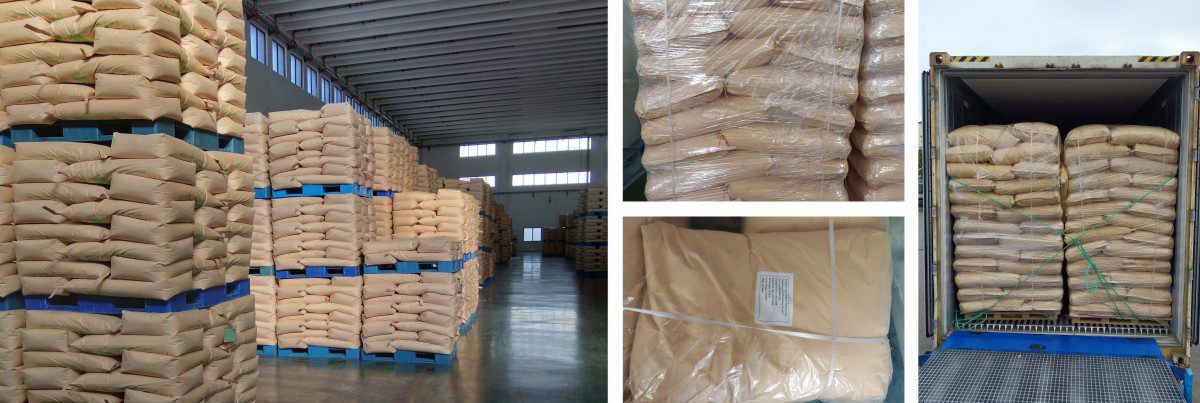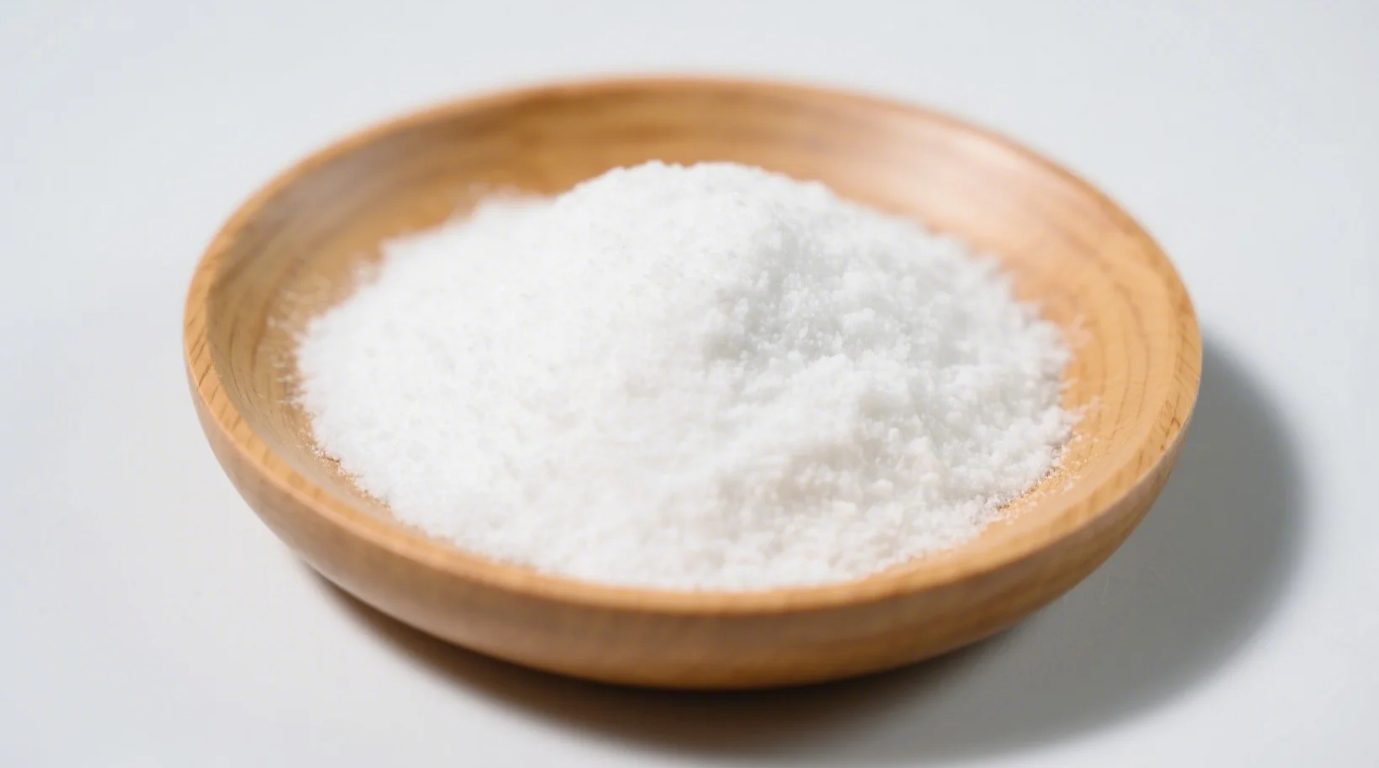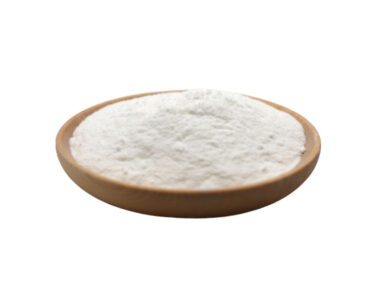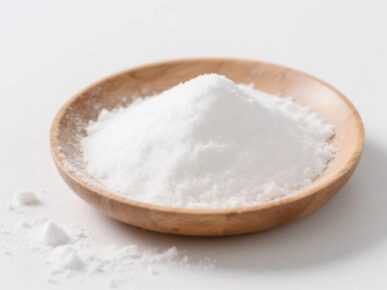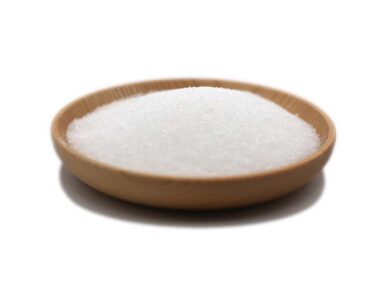Table of Contents
What is Organic Allulose Sweetener?
Organic Allulose Sweetener is meticulously produced through a proprietary enzymatic conversion process from 100% pure, organically certified carbohydrates (typically organic corn or tapioca starch). This innovative process isolates and purifies allulose, a “rare sugar” scientifically known as a monosaccharide. Unlike traditional sugars, allulose is minimally metabolized by the human body; approximately 70% is absorbed but not used for energy, and it’s largely excreted, resulting in its significantly lower caloric contribution. The organic certification ensures that the raw materials are cultivated and processed without synthetic pesticides, herbicides, GMOs, or artificial additives, aligning with strict clean-label and natural ingredient standards.
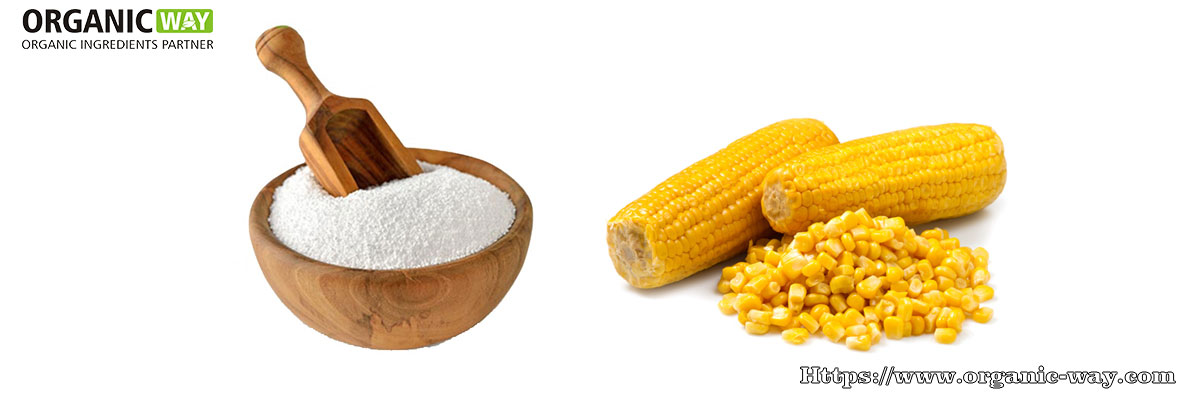
Allulose stands out from other low-calorie sweeteners due to its exceptional sensory and functional properties. It mimics the mouthfeel, bulking, and browning characteristics of sugar, making it an ideal choice for baked goods and confections where traditional sweeteners are crucial for texture and appearance. It has a clean, sugar-like taste profile with no off-notes or cooling sensation, which are common issues with high-intensity sweeteners. Our Organic Allulose Sweetener is the perfect solution for manufacturers looking to create delicious, sugar-reduced products that genuinely satisfy consumers.
Specifications
| Attribute | Details |
|---|---|
| Common Names | Organic Allulose, Organic D-Allulose, Organic Rare Sugar |
| Source | 100% Organic Carbohydrates (e.g., Organic Corn Starch, Organic Tapioca Starch) |
| Processing | Enzymatic conversion, purification, crystallization/drying |
| Purity | Typically ≥98% Allulose |
| Appearance | Fine, white, crystalline powder |
| Sweetness Level | Approx. 70% of Sucrose |
| Caloric Value | Approx. 0.2-0.4 kcal/g (vs. 4 kcal/g for sucrose) |
| Flavor Profile | Clean, sugar-like taste; no off-notes or cooling sensation |
| Solubility | High; comparable to sucrose |
| Moisture Content | Max 2% |
| Bulk Density | 0.6-0.8 g/cm³ (variable by grind) |
| pH | Neutral |
| Microbiological Purity | Meets international food safety standards (e.g., E. coli, Salmonella absent) |
| Heavy Metals | Low levels, compliant with international regulations |
| Key Characteristics | Low calorie, keto-friendly, natural sugar, excellent functionality (browning, bulking), clean taste |
| Dietary Suitability | Vegan, Gluten-Free, Non-GMO, Keto-Friendly |
Key Features
- Remarkably Low Calorie: Contains only about 0.2-0.4 calories per gram, offering a 90% reduction compared to sucrose, making it ideal for calorie-controlled and diet products.
- Authentic Sugar-Like Taste: Provides a clean, sweet flavor profile with no metallic aftertaste or cooling sensation, ensuring superior palatability in finished goods.
- Excellent Functionality: Mimics sugar’s crucial roles in bulking, texturizing, and browning (Maillard reaction), making it highly effective in baked goods, confections, and sauces.
- Keto-Friendly & Minimal Impact on Blood Sugar: Passes through the body with minimal metabolism, resulting in a negligible impact on blood glucose and insulin levels, suitable for diabetic and ketogenic diets.
- Naturally Occurring Rare Sugar: Found naturally in small amounts in certain fruits, appealing to consumers seeking naturally derived and clean-label ingredients.
- High Solubility: Dissolves readily in both hot and cold liquids, making it versatile for a wide range of food and beverage applications.
- Organic & Clean Label: Certified organic and non-GMO, free from synthetic additives, aligning with strict consumer demands for pure and transparent ingredients.
- Dental Friendly: Does not promote tooth decay.
Applications
Our Organic Allulose Sweetener is an incredibly valuable and in-demand ingredient for a multitude of B2B applications across the food, beverage, and nutraceutical industries:
- Baked Goods & Confectionery:
- Ideal for cookies, cakes, brownies, muffins, and pastries, providing texture, moisture retention, and golden-brown crusts like sugar.
- Used in chocolates, candies, gummies, and frostings for reduced sugar content without compromising mouthfeel or taste.
- Beverages:
- Sweetens functional drinks, sparkling waters, juices, flavored coffees/teas, and powdered drink mixes, offering clean sweetness and low calories.
- Dairy & Plant-Based Products:
- Incorporated into yogurts, ice creams, frozen desserts, and dairy-free alternatives to reduce sugar while maintaining desirable texture and taste.
- Snack Foods:
- Used in granola bars, protein bars, snack bites, and cereals for low-calorie sweetness and improved binding.
- Sauces & Dressings:
- Provides sweetness and body in dressings, marinades, and savory sauces without significant caloric contribution.
- Nutraceuticals & Dietary Supplements:
- Sweetens protein powders, meal replacements, and powdered supplements, offering a clean taste and low caloric impact.
Why Choose Our Organic Allulose Sweetener for Your Business?
Partnering with us for your Organic Allulose Sweetener needs ensures a cutting-edge, high-demand ingredient that addresses critical market trends and consumer preferences:
- Certified Organic & Clean Label: Our allulose is rigorously certified organic, providing the transparency and purity consumers demand in today’s market.
- Unmatched Taste & Functionality: It stands out by truly mimicking sugar’s taste and functional properties, enabling you to create superior reduced-sugar products.
- Keto-Friendly & Diabetic Suitable: Taps into growing dietary trends by offering a sweetener with minimal impact on blood sugar and net carbs.
- Consistent Quality & Purity: Our meticulous production processes and stringent quality control guarantee a reliable, pure, and safe product batch after batch, meeting the highest international food safety standards.
- Robust & Scalable Supply Chain: As a dedicated B2B supplier, we offer dependable sourcing and the capacity to meet your production demands, from small to bulk orders, efficiently and consistently.
- Comprehensive Technical Support: Our team provides detailed data sheets, Certificates of Analysis (CoAs), and expert guidance to support your product development, labeling, and regulatory compliance needs.
FAQs
Q: What makes Organic Allulose different from other low-calorie sweeteners?
A: Unlike many high-intensity sweeteners (like stevia or erythritol) that can have off-notes or cooling sensations, Organic Allulose provides a clean, sugar-like taste. Crucially, it also offers the bulking, browning, and texture-enhancing properties that are vital in many food applications, especially baked goods, which other low-calorie sweeteners often lack.
Q: Is Organic Allulose a natural sweetener?
A: Yes, Allulose is considered a natural rare sugar because it is found in small amounts in natural sources like wheat, figs, and raisins. Our Organic Allulose is produced through an enzymatic conversion of organic plant-based starches.
Q: What is the typical shelf life and recommended storage for bulk quantities?
A: Our Organic Allulose Sweetener typically has a shelf life of 24 months from the manufacturing date when stored in a cool, dry place, away from direct sunlight and moisture, in its original sealed, airtight packaging.
Q: Does Organic Allulose impact blood sugar levels?
A: No, Organic Allulose has a negligible impact on blood glucose and insulin levels. Most of the allulose consumed is excreted by the body without being metabolized for energy, making it suitable for diabetic and keto-friendly formulations.
Q: Is your Organic Allulose Sweetener non-GMO and allergen-free?
A: Yes, as a certified organic product, our Organic Allulose Sweetener is inherently Non-GMO. It is also naturally free from common allergens such as gluten, dairy, soy, and nuts.
Packing
